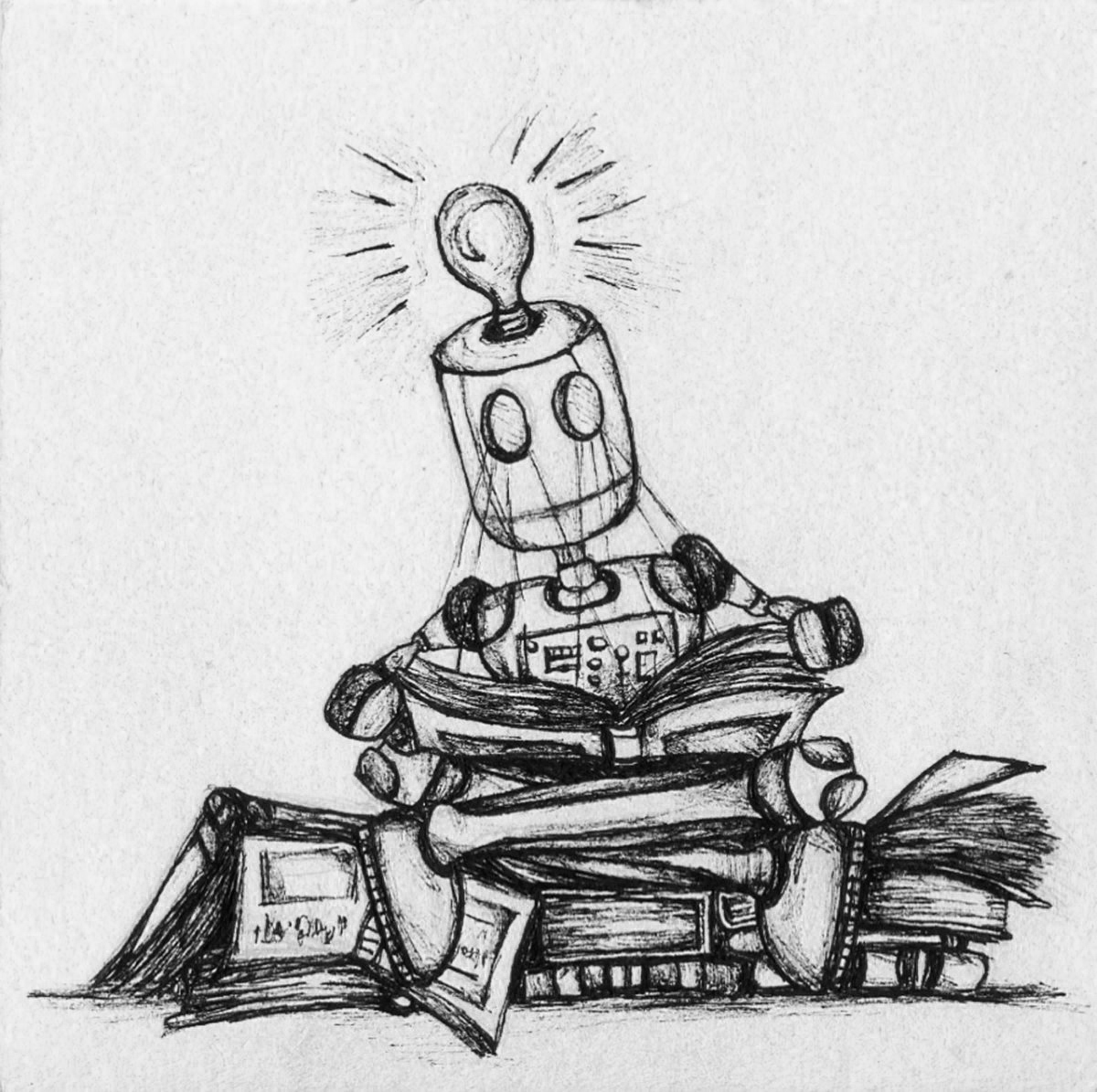The Impact of Early Childhood Education on Lifelong Learning
Early childhood education plays a pivotal role in shaping an individual’s lifelong learning journey. It is during the formative years of a child’s life that the foundation for future academic, social, and emotional development is laid. This article delves into the profound impact of early childhood education on lifelong learning, exploring its significance, benefits, and long-term implications.
Importance of Early Childhood Education
Early childhood education encompasses the period from birth to eight years old, a critical phase when children undergo rapid cognitive, emotional, and physical development. During this time, exposure to quality education and nurturing environments significantly influences a child’s overall growth. Research has consistently shown that high-quality early childhood education programs contribute to improved school readiness, enhanced cognitive abilities, and better social and emotional skills, setting the stage for lifelong learning success.
Cognitive Development
Early childhood education fosters cognitive development by stimulating young minds through age-appropriate activities, interactive learning experiences, and exposure to language, math, and problem-solving skills. These early educational experiences lay the groundwork for enhanced critical thinking, creativity, and intellectual curiosity, which are essential components of lifelong learning.
Social and Emotional Skills
In addition to cognitive development, early childhood education nurtures social and emotional skills crucial for lifelong learning. Children learn to interact with peers, communicate effectively, regulate emotions, and develop empathy, all of which are fundamental for building healthy relationships and succeeding in diverse learning environments throughout their lives.
Benefits of Early Childhood Education for Lifelong Learning
The positive impact of early childhood education extends far beyond the formative years, influencing an individual’s approach to learning and personal development well into adulthood. Several key benefits include:
Enhanced Academic Performance
Children who have access to quality early childhood education are more likely to perform better academically throughout their schooling years. The strong foundation built during early education equips them with the necessary skills and confidence to excel in various subjects and adapt to new learning challenges as they progress through their academic journey.
Continued Curiosity and Love for Learning
Early childhood education instills a love for learning and exploration, fostering a natural curiosity that persists into adulthood. This intrinsic motivation to seek knowledge and understanding becomes a driving force for lifelong learning, encouraging individuals to pursue further education, engage in continuous self-improvement, and remain intellectually curious throughout their lives.
Long-Term Socioeconomic Impact
Investing in early childhood education yields significant long-term socioeconomic benefits. Individuals who receive quality early education are more likely to secure higher-paying jobs, contribute positively to their communities, and break the cycle of intergenerational poverty, thereby creating a ripple effect of prosperity and opportunity for future generations.
Long-Term Implications and Conclusion
The influence of early childhood education on lifelong learning cannot be overstated. The experiences and skills acquired during these formative years shape an individual’s attitude towards education, their ability to adapt to new challenges, and their overall contribution to society. As such, prioritizing and investing in early childhood education is not only a matter of individual development but also a crucial investment in the future of communities and nations worldwide.
In conclusion, early childhood education serves as the cornerstone for lifelong learning, laying the groundwork for academic success, socioemotional well-being, and continued personal growth. By recognizing and harnessing the profound impact of early education, we can empower individuals to become lifelong learners, critical thinkers, and active contributors to a knowledge-driven society.






